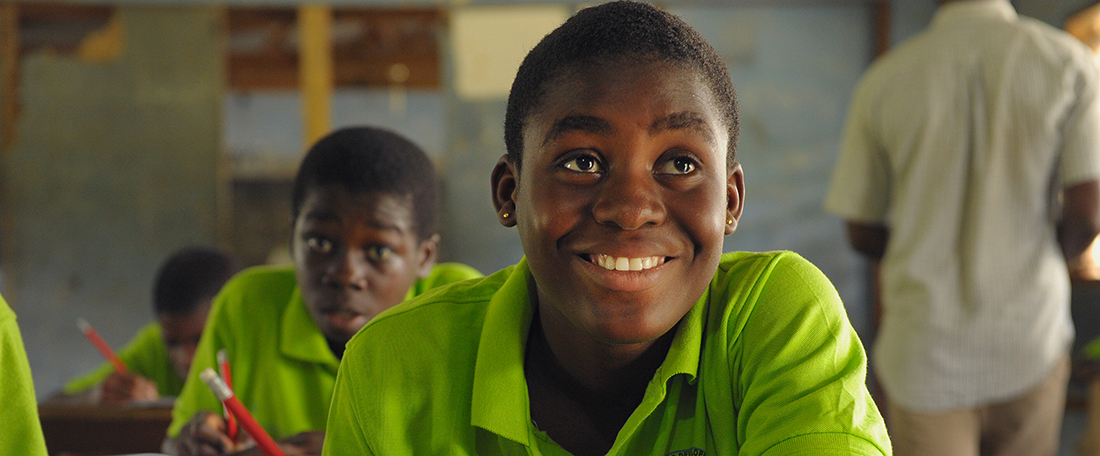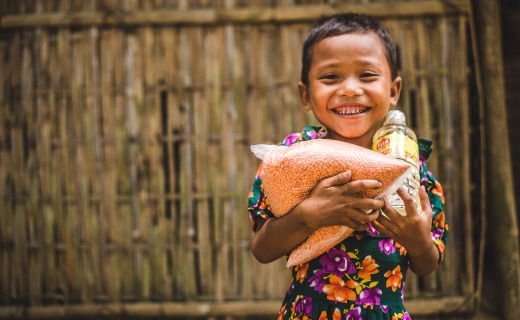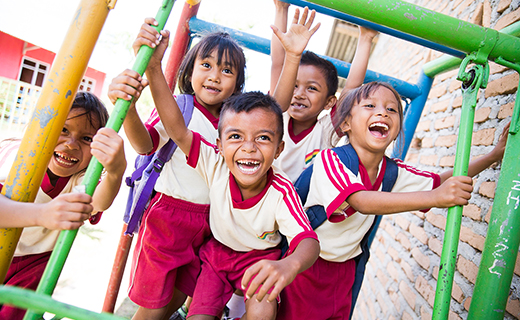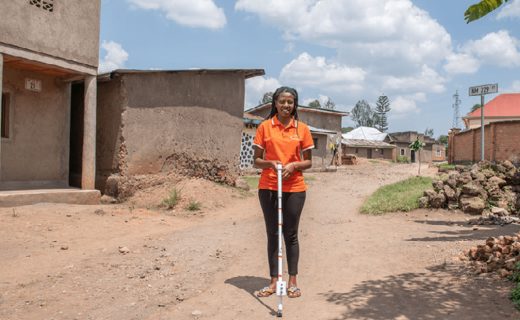Ghana
Key facts
Capital City: Accra
Population: 28 million
Life expectancy: Male: 64.9 years, Female: 70 years
Population with improved drinking water: Urban: 92.6%, Rural: 84%
Population with improved sanitation: 14.9%
Percentage of children underweight: 11.2%
Literacy rate: Male: 82%, Female: 71.4%
Child labour: 57%
Religion: Christian 71.2% (Pentecostal/Charismatic 28.3%, Protestant 18.4%, Catholic 13.1%, other 11.4%), Muslim 17.6%, traditional 5.2%, other 0.8%, none 5.2% (2010)
Percentage living below the poverty line: 24.2%
A little bit of history
Ghana became a country in its own right in 1957 when the British Gold Coast colony merged with neighbouring Togoland Trust Territory. It was actually the first country in Sub-Saharan Africa to gain independence. Like many of its African neighbours, Ghana’s history has been marred by political coups and instability. Since peaceful democratic elections in 1992, the country is now experiencing relative stability.
How the country makes a living
The stability of Ghana is having a positive impact on the country’s economy, which is largely reliant on natural resources including gold, cocoa and oil. More than half the workforce is involved in agriculture, but in recent years more employment has been generated as a result of oil production. Despite this new-found income stream, not all Ghanaians are benefitting and the distribution of wealth remains hugely unequal.
Challenges faced by the children
The boost in the economy has led Ghana to be re-categorised as a lower-middle income country. However, poverty remains rife. Education is free and mandatory, but facilities are inadequate and children are often required to help their families farm the land instead of going to school. Due to its location near the coast children are also at great risk of trafficking, with many forced to work internally in the fishing industry and cocoa plantations or taken further afield to be used as domestic servants, street vendors and porters.
Compassion in Ghana
Compassion's work in Ghana began in 2005. Currently, more than 89,284 children participate in 360 child development centres.
What sponsored children learn in ghana
Project days in Ghana are generally held on Saturdays. During a typical project day, sponsored children will learn topics such as …
9.00am Prayer, devotion time and breakfast. A typical breakfast consists of maize porridge, milk, sugar and bread.
9.30am Spiritual lessons. Children sing songs and learn Bible stories.
10.30am Break time. Children can play in a safe environment and develop friendships.
11.00am Social lessons. From conflict resolution to developing healthy self-esteem and a Godly character, children who often come from challenging home environments are taught social and personal skills.
12.00pm Lunch and social time. Lunch is rice with sauce and either chicken, fish or meat. Dessert is an orange, banana, pineapple or seasonal fruit. This food is provided because children do not always eat nutritionally-balanced meals at home and frequently come to the project hungry. Parents are educated to provide nutritious food for their children, and highly malnourished children are given a package of nutritious foods including eggs, milk, beans, rice and oil once a month.
13.00pm Health lessons. Children are taught practical health and hygiene tips. Example topics include how to prevent malaria, HIV, and the prevention, recognition and response to child abuse.
14.00pm Letter writing and career planning. Older children work with project staff to identify their strengths and interests, setting realistic goals for their future.
Older sponsored children also take part in skill training workshops such as bead making, batik making, soap preparation and basket weaving. Parents and caregivers are offered health education classes as well as quarterly training on children’s rights, good parenting, business management and financial management.





